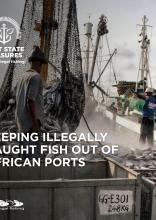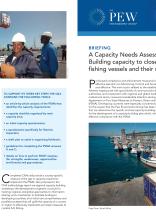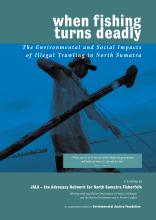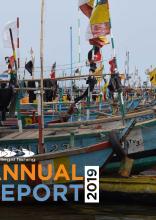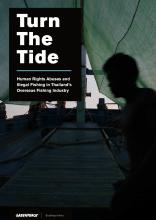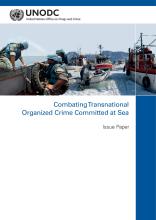Keeping Illegally Caught Fish Out of African Ports
IUU fishing contributes to the over-exploitation of natural fisheries resources and is detrimental to coastal communities' quality of life. IUU fishing has targeted African ports, which are at particularly great harm from the practice. To deter IUU fishing, the Port State Measure Agreement (PMSA) came into force to enable port officials to deny foreign vessels access to their port and services such as refueling and repairs if suspected of illegal activities. However, Stop Illegal Fishing recognizes the agreement itself is not enough. With the support of others, they will work to implement the PMSA in African countries through a holistic approach that requires looking at legal and policy issues, compliance and enforcement, and cooperation and awareness.
Language
